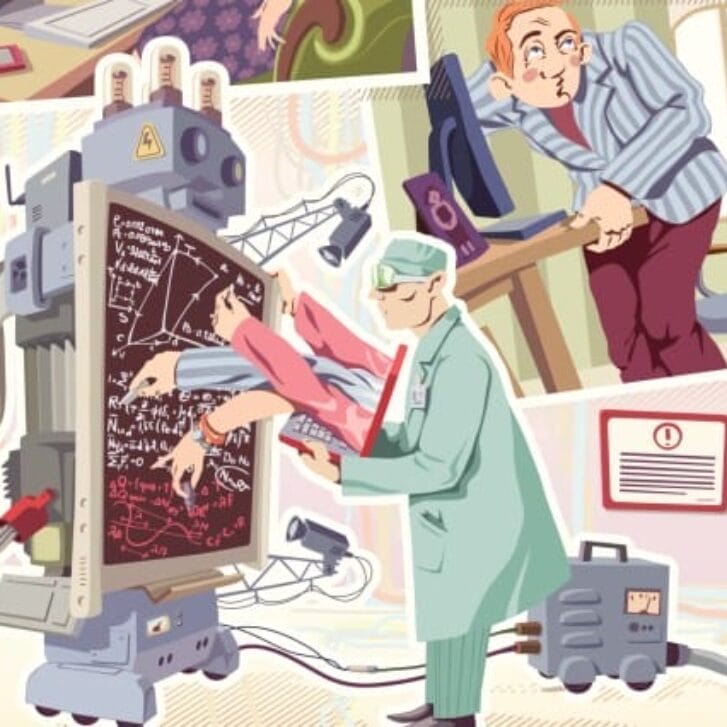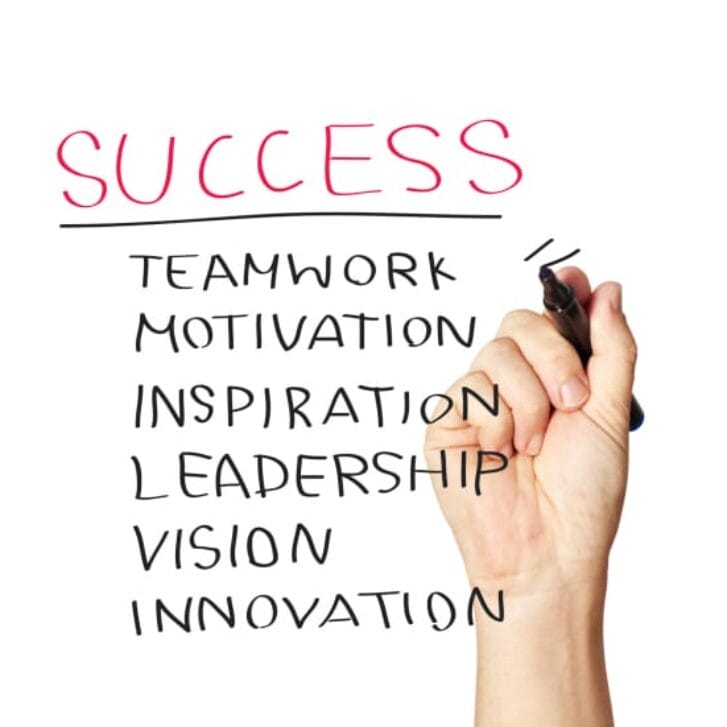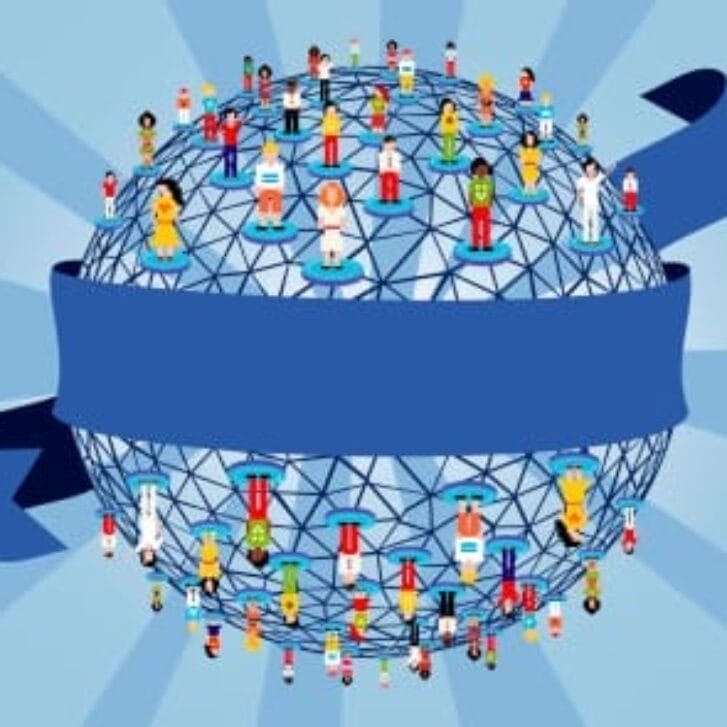When he came to Wharton, Dean Thomas S. Robertson outlined a vision of business as a tool for advancing society and creating economic opportunity for all people. It’s a wonderful and high-minded ideal and one that I believe to be true.
In many ways, the transformative power of business is encapsulated in microfinance institutions (MFIs)—hybrid organizations that adopt business principles to address poverty by making small loans to impoverished people. Over the last 20 years, microfinance has become a globally popular anti-poverty intervention and a great example of how business acumen can be applied to help address social problems in sustainable ways. It is also an area that has benefited from the ingenuity of Wharton community members, such as student Charlie Javis, W’14, and her team who have launched PoverUP to help take the microfinance model in exciting new directions.
Now, while business can be a powerful tool for good, the link between the two can sometimes be tenuous. Although profit is only one aspect of what business does, it tends to be disproportionately emphasized, and this creates concerns about how financial and social returns mix. How this question is answered has implications for the power of business as a force for good.
Some early results from a study that I’m working on with Eric Zhao at the University of Alberta suggest that this deserves some attention. Looking at more than 1,800 MFIs in 168 countries, we found that social outreach is increasingly sacrificed in countries where MFIs have more ready access to global capital markets—and thus face pressure to deliver profits. (Many investment funds value social aims, but they still demand financial returns).
A typical result is that MFIs reduce the number of loans that they make to women, who tend to be the poorest of the poor, and thus less profitable to lend to. In addition, we found that this is amplified in highly patriarchal countries where the need for loans to women is greatest—it’s hard to make money lending to women when a society is set up to marginalize them.
So, what does this tell us? First, it is hard to address long-standing social issues such as poverty and patriarchy regardless of whether or not business is the tool of choice. Beyond this, though, the tension between doing good and making money is real in many contexts. Rather than trying to dissolve it in platitudes about win-win scenarios, it is important to bring it front and center, examine tradeoffs, and make hard decisions about what matters to a person, business or new venture.
In many ways, I think that this encapsulates Dean Robertson’s vision—business is more than profits, more than self-interest and certainly more than the greed that we’ve witnessed in financial scandals. It is creativity, passion, compassion and problem-solving. When these are brought into productive balance, the results can be very powerful.
Editor’s note: This post first appeared on Wharton’s Entrepreneurship Blog on Sept. 13, 2012.


























